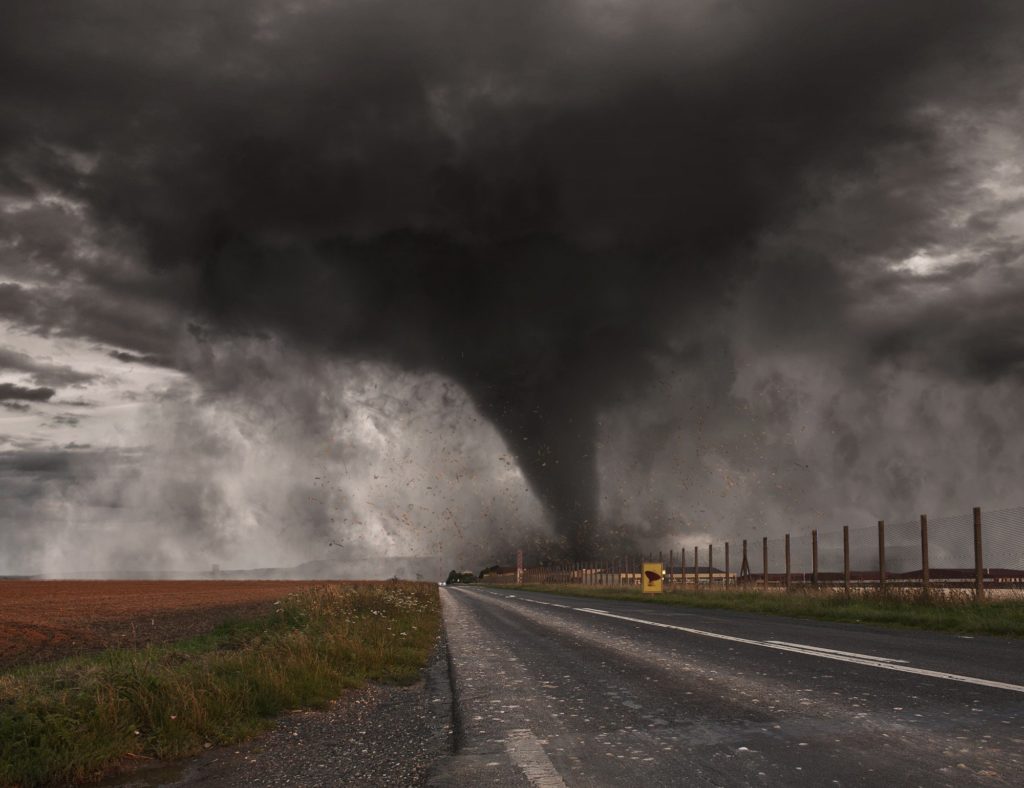Millions of cars are bought and sold in America every year.
Indeed, well over 40 million used cars exchanged hands in 2018. Throw new car sales into the mix and you’ve got a thriving auto-market on your hands.
However, that doesn’t mean the process of buying and selling a car is easy. Both sides of the exchange can experience challenges.
Everything from long searches and waiting periods to bad buys and lost money is possible.
Natural disasters, in particular, have a habit of complicating matters. Both car buyers and sellers suffer after natural disasters strike.
There are vital things to keep in mind to make the best of a bad situation. We want to help.
Looking to buy or sell a vehicle? Had the misfortune of experiencing a natural disaster?
Keep reading to discover everything you need to consider to avoid further problems.
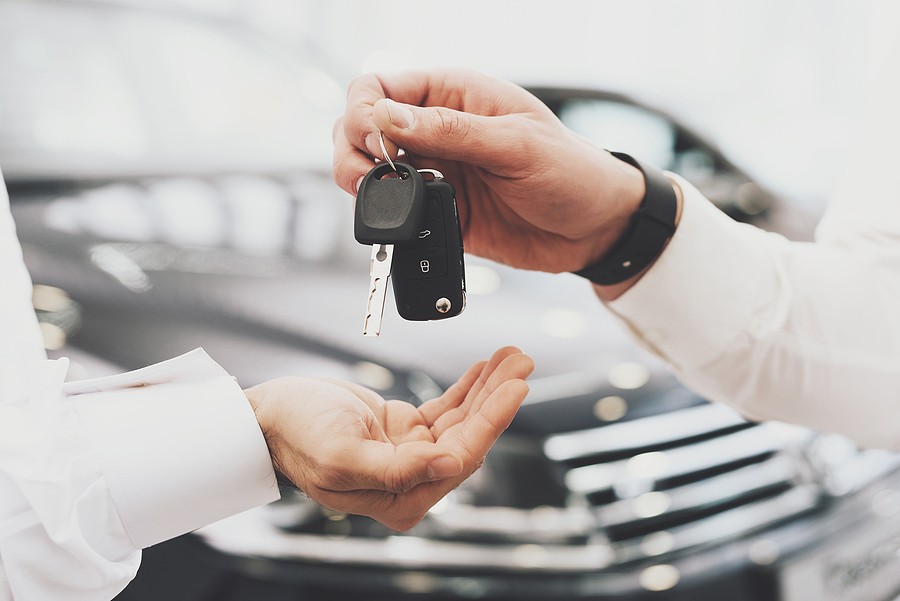
Considerations for Buying a Car After a Natural Disaster
Let’s start by looking at the key considerations for buyers.
Natural disasters have a range of implications that can make buying more of a risk. Here’s what you need to think about before handing over your money.
1. Beware of Unscrupulous Sellers
Unfortunately, the used auto-sales world has some dishonest individuals.
Many prospective buyers have little, or no, insight into cars. Mechanical and maintenance issues are a mystery. These people are prime targets for unethical salespeople.
Buyers trust the salesperson to have their best interests in mind. Alas, they often don’t.
Natural disasters can present a significant financial opportunity to unscrupulous sellers. Cars get damaged in any number of ways (more on this later).
It’s possible to buy them at a discount price to be sold for a hefty profit to an unsuspecting buyer.
2. Beware of Title-Washing
The process of title-washing is central to these scams.
It’s also unfortunately common.
Essentially, damaged vehicles receive title-brands that label it as such. It’s a way of warning potential buyers about the car’s issues.
However, savvy salespeople know how to wipe the title clean. There are numerous ways of removing the brand.
For example, one common way is to relocate the car to a new state. Different states have different regulations. A brand in State A may not be recognized by State B. The title is washed in the process.
That’s bad news for aspiring car buyers in State B.
The best way of avoiding these issues is to investigate the car for issues. Relying on the title alone can spell trouble.
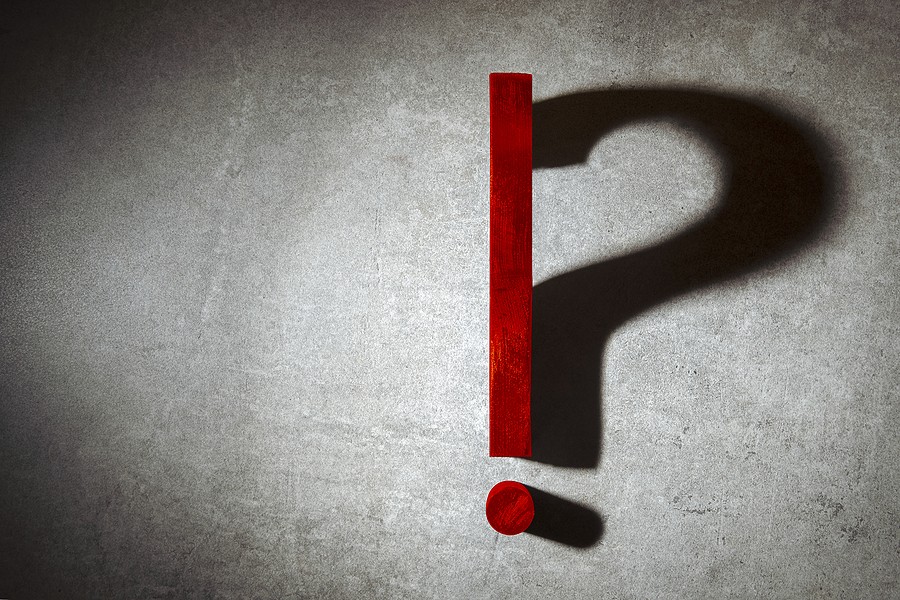
3. Potential Damage and Ticking Time Bombs
As we’ve noted, natural disasters can cause all sorts of damage to cars.
However, the issues may not be obvious to unsuspecting buyers. The chassis may seem fine. The car may drive perfectly too. The title may say it’s good to go. Everything can seem to be in working order.
The trouble is that problems can be latent and lurking under the surface.
Flooding is a common component of many natural disasters. Water is bad news for vehicles. It can impair everything from the electrical systems to the transmission and safety features. Corrosion and mold can fester over time as well.
Here’s more on the damage that flooding can do to cars.
All these issues can remain a mystery to an innocent car buyer. It’s easy to buy a car that’s essentially a ticking time bomb.
4. Trouble with Rushing
Buying a vehicle is an exciting time.
It’s natural to want to get behind the wheel as quickly as you can.
That’s never truer than when your old car was ruined by a natural disaster! Life doesn’t stop. A car that’s totaled by a flood, or a fire, or a hurricane needs to be replaced.
Eager to do so, you can rush into buying a car.
Mistakes are more likely when due diligence isn’t done. Rushing is a recipe for buying a car that’s unfit for purpose. After all, there’s just been a natural disaster! Dishonest dealers may have been inundated with new vehicles to sell.
Take your time. Go to a reputable dealer. Check the title. Inspect the car. Get a mechanic to look it over for you. Do what you can to guarantee its quality.
Here are some tips on negotiating to get the best price possible!
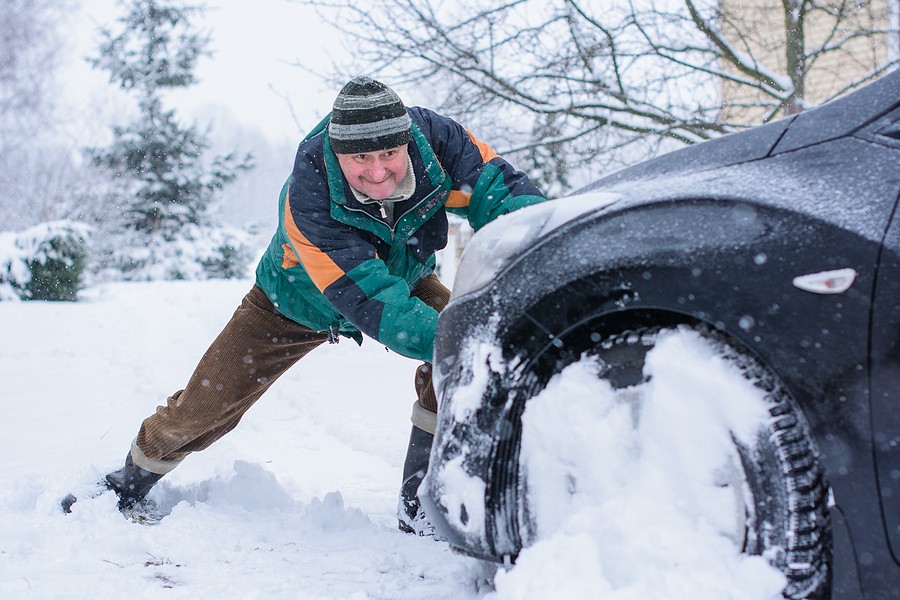
5. Insurance Considerations
Insurance is a legal requirement for driving a car on the roads.
However, not everyone gets it. Indeed, studies have shown as many as 20% of drivers fail to purchase car insurance.
People willing to buy a car without insurance tend to be most susceptible to scams. They often want a quick and easy sale. Selling a damaged car is far more straight-forward.
The first lesson is this: always buy insurance. Not planning on it? Then know you’re more likely to be taken for a ride in all the wrong ways.
Insurance considerations don’t stop there, though.
Check that your insurance policy covers natural disasters. Normally referred to as ‘Acts of God’, they often are. That said, basic policies may not extend that far. Always be aware of what’s included.
Considerations for Selling a Car After a Natural Disaster
With the buyers covered, it’s time to turn to the sellers.
There’s nothing worse than a natural disaster scuppering your plans to sell a vehicle. It doesn’t have to.
The process will be a little difference, but the following considerations should help you out.
1. Do the Right Thing
Choosing to sell your vehicle privately?
Always take the ethical route. You’re legally obligated to disclose any damage that has occurred to your vehicle.
The title must be stamped according to the specific context.
At the end of the day, failure to do so can cause greater financial issues in the future. Unhappy buyers are sure to have something to say. You don’t want to face charges down the line.
Moreover, put yourself in their shoes. Wouldn’t you want to know the true state of the vehicle you’re buying?

2. Be Realistic
Selling a car that’s been damaged in a natural disaster isn’t fun.
Through no fault of your own, your car is now worth a fraction of what it was.
It’s unfair! However, it happened. Moaning won’t change matters. What’s more, it doesn’t mean you can’t legally sell the vehicle.
You’ll need to be more realistic in terms of price though. Lower your expectations. You’ll almost certainly receive less than before.
Preparing yourself for that eventuality will, hopefully, reduce the disappointment.
3. Get an Appraisal
Assuming you’re insured, call up the provider to get someone to inspect the car.
This will be essential in deciding if repairing or replacing it is the best way forward.
As an aside, be sure to take photographic evidence of the damage during and after the event. This will help your claim proceed.
Repairs may well be possible.
Remember, though, that any damage may need branding on your title. Even if the car can be fixed up, expect to receive a lower price on any sale that ensues.
It would be up to you to decide if you wanted to sell a replacement vehicle (organized through insurance).
4. Buy the Vehicle Back from the Insurer
With insurance proceedings over, you might be able to buy your damaged car back from the insurer.
There are pros and cons to this approach.
Determined to sell the vehicle? Well, buying it back means you can do so. Unfortunately, the sales process will be entirely different. Your vehicle will be returned with what’s called a salvage title.
Assuming you’re uninterested in losing your scruples, then title-washing is off the cards.
Your only option is to sell it for parts, or scrap metal. The market for used-car parts is alive and well. Many people make decent money this way. However, stripping the vehicle of valuable components can be a laborious process.
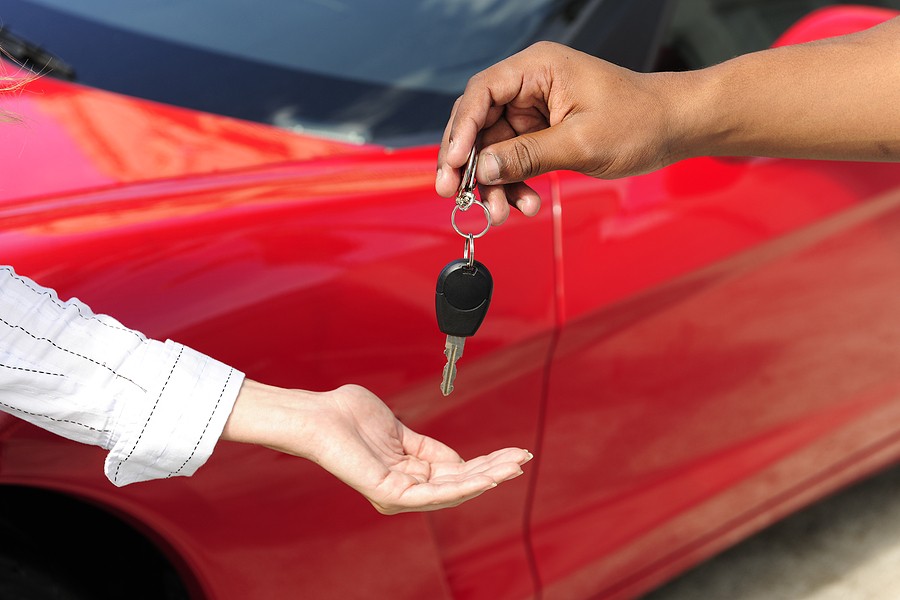
5. Solicit Junk Car Buyers
Natural disasters can mean good business for junk car companies.
They’re set up to buy old and broken cars for cash. Desperate to sell your car? Then they’ll certainly be able to help.
Unfortunately, you won’t receive much money in return.
They serve a market of car owners who want to get rid of an old car as fast as possible. As such, they can buy cheap, strip the car down, and sell everything on for a reasonable profit.
If money is a factor, then this is probably best used as a last resort. However, want to rid yourself of your broken car and move forward positively in record time?
Junk car companies can be a useful resource.
Time to Wrap Up
There you have it: a guide to buying or selling a car after a natural disaster.
Tens of millions of cars exchange hands every year in the United States. All over the country, people are looking to buy and sell their vehicles.
Both parties can find that the process is easier said than done, though.
That’s never truer than after a natural disaster. Everything from hurricanes and tornados to flash floods and wildfires can throw an almighty spanner in the works.
Familiar with the struggle? Hopefully, this post has proved useful in guiding your decision-making.
Looking to sell your car and want to know how much it’s worth? Click here to find out.

